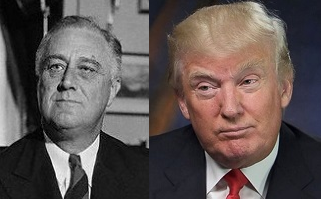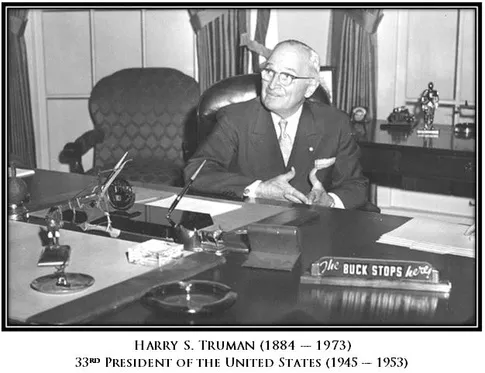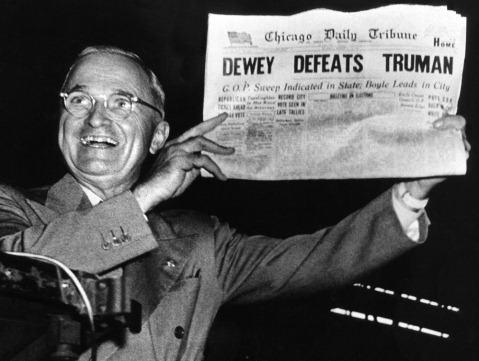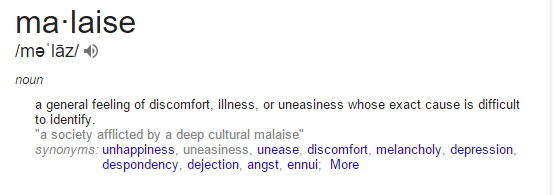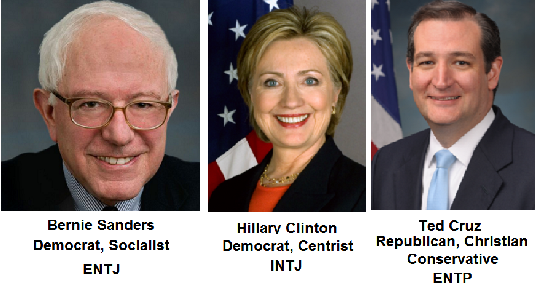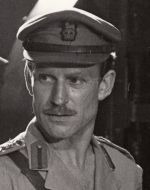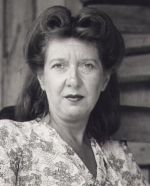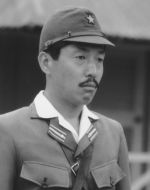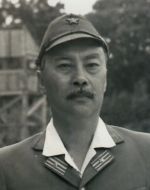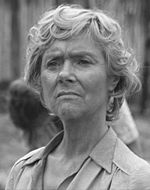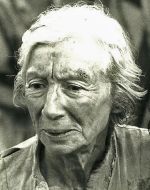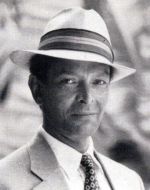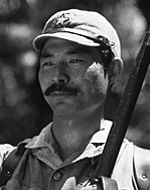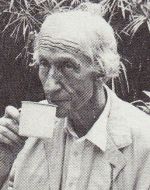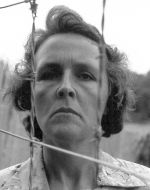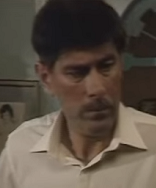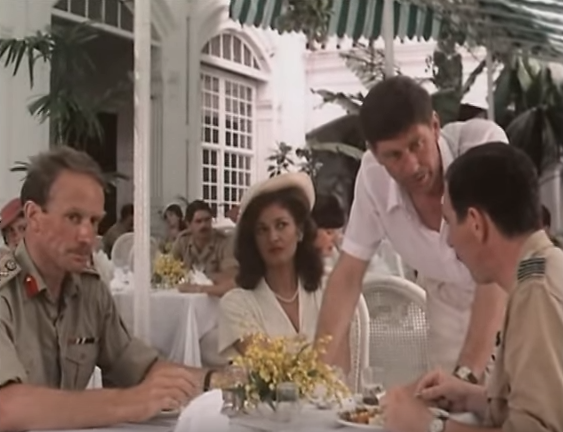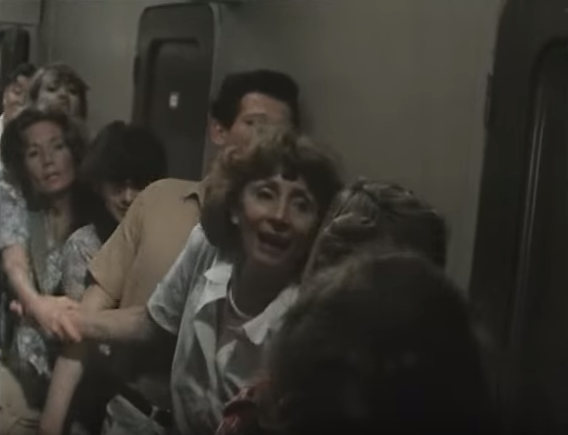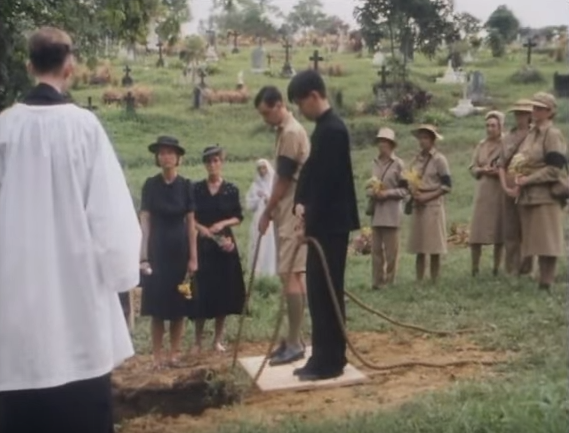So three days into his Presidency, we have a few Executive Orders, some Cabinet appointments, and essentially an Inauguration Speech to go on. Is it fair to draw any comparisons yet?
I say it is. Not only was there a President very much like Donald Trump in the not-so-distant past, but there was one very much like his predecessor. Yes, I am talking about Franklin Delano Roosevelt and Herbert Hoover.
The Barack Obama-Herbert Hoover Connection:
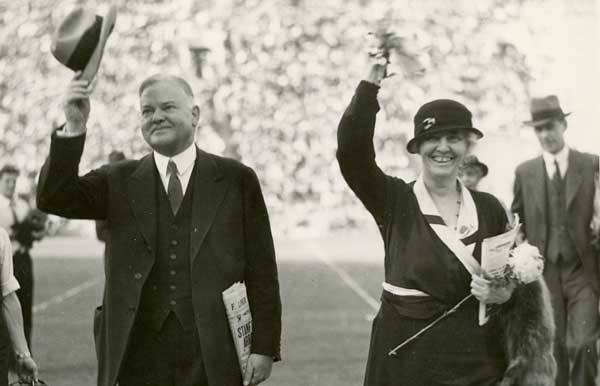
President Hoover was an Intuitive Thinking (INTJ) President who was elected during a time of massive economic turmoil in order to restore economic prosperity to the nation through radical means. He was an intellectual (a former Stanford University professor) with ties in East Asia (China) who decided to use untested Keynesian economics to fight the stock market crash of October, 1929. In spite of a scandal-free Presidency, growing poverty and ecological crises (the Dust Bowls and heat waves) marred his Administration and he ranks among the most hated of all Presidents.
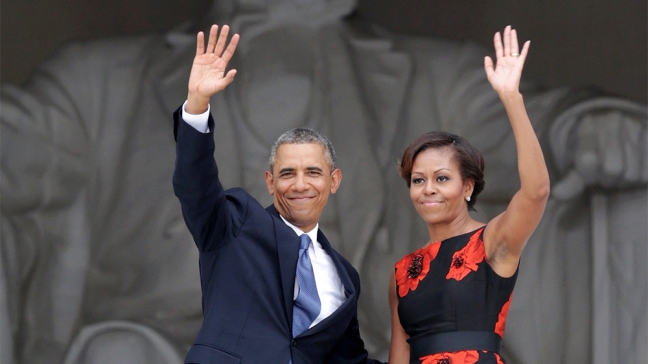
President Obama was also an Intuitive Thinking (ENTP) President elected shortly after the second worst economic meltdown in 100 years. Also an intellectual (a former Harvard Law Professor) with ties to Asia (he attended elementary school in Indonesia), people hoped his fresh approach to politics would restore integrity to government and rejuvenate the US economy. Although statistical economic indicators showed that the economy had rebounded and his Administration was squeaky clean, true poverty in America increased by close to 50% and racism cannot be dismissed for the massive hatred and contempt many people expressed toward the Obamas. It did not help matters that President Obama did little to change the hawkish policies of the previous Administration that he promised to eliminate when he was elected. The Obama Administration will most likely not be remembered fondly.
Franklin Delano Roosevelt, the Populist
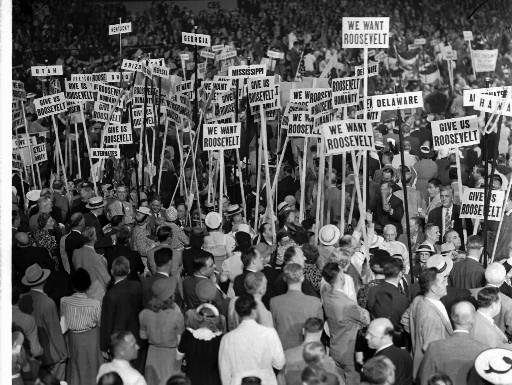
Franklin Delano Roosevelt in the 1930s was not the politician we read about in history books, the one who delivered inspirational speeches as America was attacked at Pearl Harbor. FDR was a rich New Yorker who belonged to a political party mostly populated by… let’s be blunt here… poor white trash from the South.
He was brash and impulsive and disobeyed orders from President Woodrow Wilson (the head of his party) not to run for U.S. Senate in 1916. (He lost that race, by the way.) He was a womanizer whose wife hated the spotlight (but could masterfully manipulate the media when she put her mind to it).
Does this sound like anyone?

FDR, Techno Junkie
In 1930, radio was a brand new technology and the majority of households in the United States did not yet own one. In spite of its reputation as a decade of poverty, the 1930s saw an explosion of technological advances in the realm of crystal radio technology and even television broadcast technology. By the end of the 1930s, most American households owned at least one radio.
President Roosevelt took advantage of this new technology to disseminate his propaganda directly to the American public live on the airwaves via his Fireside Chats.
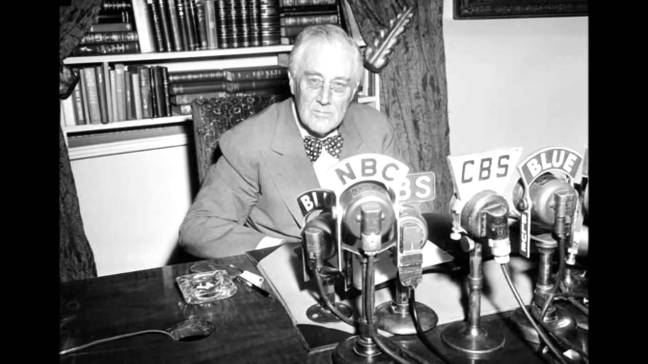
Eighty years later, what would be the equivalent of a fairly new technology like AM Radio? Perhaps…

FDR, the Family Man
Franklin Delano Roosevelt was not afraid to involve his children in his Administration. His son, James Roosevelt, often walked him to the podium when he delivered historically significant speeches, such as his “Infamy” speech on December 8, 1941.
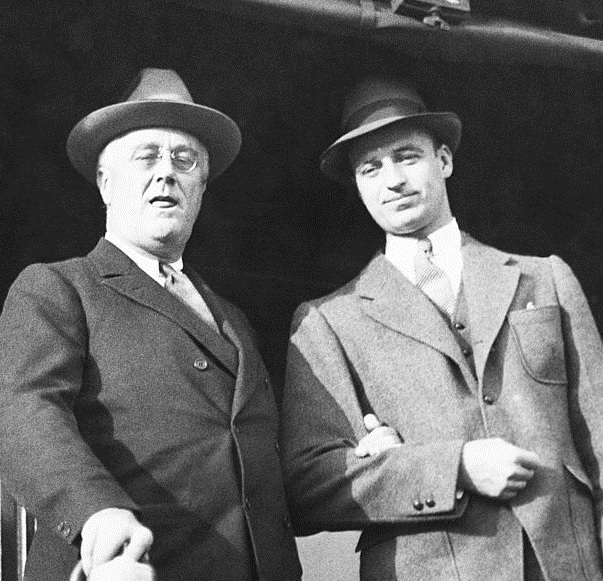
President Trump has left the care of his business affairs to his eldest son, Donald Trump, Jr., and speculation is that the formal duties of First Lady will be left to his eldest daughter, Ivanka Marie Trump-Kushner, so that his wife can devote her full time to taking care of their youngest son.
FDR, the Hate-monger
Don’t say you didn’t see this one coming. In 1942, President Roosevelt ordered the internment of all civilians of Japanese descent, including women, children, the elderly, and even babies.
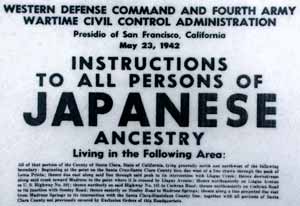
This marked one of the worst civil rights periods in America since the end of the Civil War. Although some German immigrants were also interned, the government was quite a bit more selective about whom it locked up, basing policy purely on immigration status, rather than on racial traits.
Perhaps President Trump was looking at this model as a blueprint when he decided to offer a wall between the United States and Mexico in his campaign speeches.
What Does All of This Mean?
I think I have thoroughly made my case documenting why Donald Trump, intentionally, or unintentionally, will be very similar to Franklin Delano Roosevelt as a President. I am talking more about pre-WW2 FDR, not hawkish Roosevelt, so don’t start thinking apocalypse and nuclear war.
- President Roosevelt was not really a very good Chief Executive. He pitted his Cabinet members and staff against each other like a competition and nothing really got accomplished.
- Because of FDR’s isolationist policies, the Depression lasted much longer than it needed to. One only need look at The Netherlands or Nazi Germany (reprehensible as that nation was) to see how quickly other nations rebounded from the stock market crashes in the 1920s. President Trump has already stated in his Inauguration Speech that he plans to repeat such isolationist policies in his Administration.
- FDR borrowed a lot of his predecessor’s failed policies and re-branded them as his own (like the New Deal). We can already see that Trump plans to do this with Obamacare.
- FDR did take advantage of Great Britain’s military/economic crisis at the advent of WW2 to loot their economy, bringing prosperity to the United States. We might see a similar situation with one or more major European nations if the European Union dissolves.
- President Roosevelt managed to keep the United States out of WW2 for nearly three years while it raged on in Europe and longer in Asia. Do not assume that President Trump will be a war hawk.
It is easy to look back at trends from history and see them repeat in the future. Life is not that mysterious when you know what you seek. It is pretty predictable.
